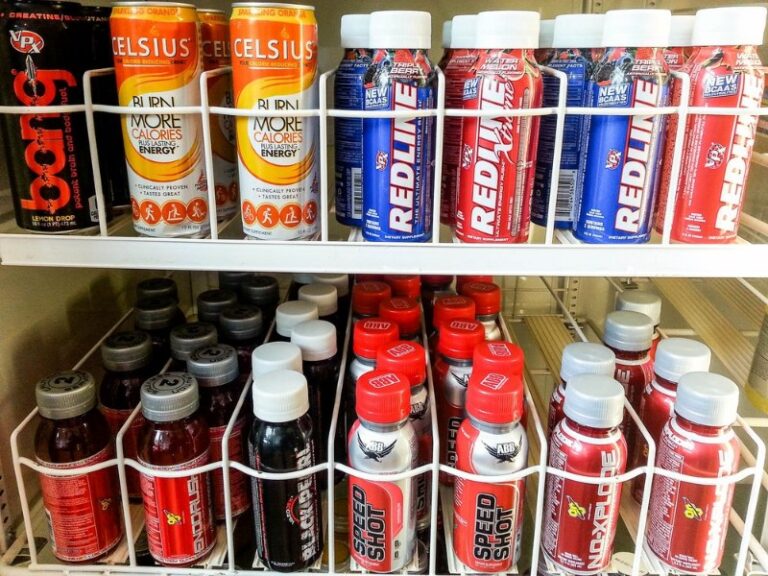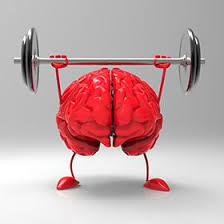How Creatine Changes Your Gym Results
Creatine is often referred to as a “legal steroid,” a term that sparks a wide range of opinions within the health and fitness community. This supplement is one of the most researched in the realm of muscle gain, and many individuals have varying perspectives on its effectiveness. Numerous users report that incorporating creatine into their diets significantly enhances their workout performance and muscle-building efforts. In this article, we’ll delve into the details of creatine, how it works, its benefits, and how it can transform your gym results.
What is Creatine?
Creatine is a naturally occurring substance found primarily in meat and fish. The human body also synthesizes creatine in the kidneys, liver, and pancreas. Extensive research has demonstrated a positive correlation between creatine and muscle growth, indicating that it can double strength and lean muscle gains compared to training alone. Essentially, creatine provides the energy needed for high-intensity workouts, making it a popular choice among athletes and fitness enthusiasts.
While there are various forms of creatine available, including creatine monohydrate, hydrochloride (HCl), and ethyl ester, creatine monohydrate remains the most widely discussed and studied.
Chemically, creatine shares similarities with amino acids, which are essential compounds that aid in protein synthesis. Approximately half of your body’s creatine stores come from dietary sources, particularly red meat and fish, while the rest is produced in your liver and kidneys from amino acids. The crucial question arises: Does creatine help build muscle? The answer is a resounding yes. Higher creatine levels in muscles translate to increased energy during workouts, resulting in better performance and reduced fatigue.
How Creatine Works
When you engage in weightlifting or high-intensity exercise, your muscles rely on a fuel source known as adenosine triphosphate (ATP). A repetition typically fails when the ATP supply is depleted, making it challenging to complete sets. Resting between sets allows your aerobic system to replenish ATP using the oxygen you breathe, enabling you to perform additional repetitions.
Creatine supplementation increases the availability of ATP, providing your muscles with more fuel to push out those extra reps. This boost in energy can lead to improved performance and greater muscle gains over time.
Is It Safe to Take Creatine?
Numerous studies indicate that creatine is safe for most people. However, certain individuals should approach creatine supplementation with caution:
- Pregnant or breastfeeding women
- Individuals with diabetes
- Those suffering from kidney or liver disease
- People with bipolar disorder, as creatine may heighten the risk of manic episodes
It’s always advisable to consult with a healthcare professional before starting any new supplement regimen, including creatine, to ensure its safety for your specific circumstances.
Benefits of Taking Creatine
Research has shown that creatine has numerous advantages, particularly for those looking to enhance muscle growth and performance. Here are some key benefits:
- Improved Workout Performance: Creatine can significantly enhance exercise performance, allowing for more intense training sessions.
- Faster Muscle Recovery: It aids in muscle recovery after strenuous workouts, reducing soreness and facilitating quicker return to training.
- Increased Muscle Mass: Supplementing with creatine is linked to enhanced muscle growth over time.
- Injury Prevention: Creatine may help prevent injuries or reduce the severity of muscle strains and pulls.
- Reduced Dehydration and Cramping: It helps mitigate dehydration and muscle cramps during intense workouts.
- Enhanced Endurance: Creatine can support athletes in enduring longer and more challenging training sessions.
Creatine supplementation is particularly beneficial for vegetarians and vegans, who may not obtain sufficient creatine from their diets. While it may take longer for these individuals to build creatine levels in their muscles, the benefits can be substantial.
Additionally, research suggests that creatine may offer benefits beyond muscle gain. It has shown potential in:
- Neurodegenerative diseases
- Diabetes management
- Osteoarthritis treatment
- Conditions affecting creatine metabolism
- Myocardial ischemia (inadequate blood flow to the heart muscle)
Creatine Absorption and Results in Your Body
It’s essential to understand that creatine does not provide instant results. Like all supplements, it takes time to notice significant changes. Generally, one should take around 5 grams of creatine daily, reaching full saturation in about three weeks.
Initially, you may experience a spike in weight due to water retention in the muscles. Some users report stomach discomfort or hair loss, although these side effects are relatively rare.
Expected Results
- Strength Gains: After about 15 days of creatine supplementation, expect noticeable increases in strength and the ability to perform more repetitions.
- Improved Recovery: Creatine users often report faster recovery times, allowing for more effective training sessions.
- Enhanced Cognitive Function: Creatine may also boost cognitive abilities, improving short-term memory and mental performance.
- Significant Changes: After around 30 days of consistent use, users typically observe remarkable changes, including increased body weight and enhanced workout performance.
When to Take Creatine
Timing your creatine intake can be flexible. Many people prefer to take it in the morning, making it easy to combine with breakfast or other supplements. Others take it pre- or post-workout, depending on personal preference. The key is consistency; regular intake is crucial for maximizing benefits. Combining creatine with whey protein post-workout can also enhance muscle recovery.
Conclusion
Creatine can be an effective supplement for those looking to boost their workout results. While it’s a powerful tool for muscle gain and performance enhancement, it’s essential to consult with a healthcare professional before starting supplementation. With the right approach, creatine can significantly elevate your gym results, helping you achieve your fitness goals more efficiently.






